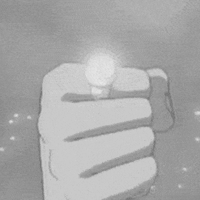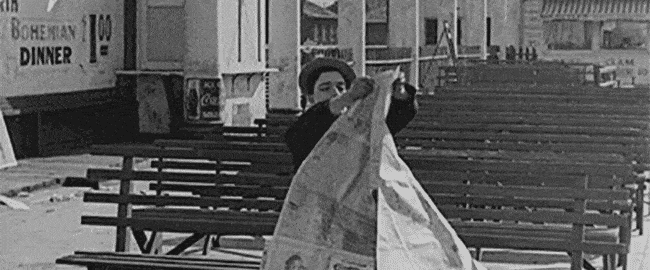
What the world would be like if everyone had their own personal Wikipedia. (Artem Maltsev/Unsplash)
As a guy who researches content on the internet on a regular basis, I get the emotion that might lead a fellow traveler to criticize the most popular source of research on the internet.
Over the years, I’ve gotten in a few jabs myself.
But at the same time, I can’t allow myself to have anything but deep respect for Wikipedia, one of the most important digital outlets online. And I would never do such a thing as block the site from appearing in my browser.
I am not J.J. McCullough, however. McCullough, a history and politics YouTuber (and illustrator, and Washington Post columnist) who tends to lean on his native Canada with his commentary focus, put out a video over the weekend ripping on Wikipedia, calling it “trash” and making it clear that as a researcher, he would never stoop to reading a user-generated encyclopedia for facts.
“An enormous number of articles, podcasts, and videos will simply be thinly veiled regurgitations of Wikipedia pages and it’s not just that these copycats repeat the same information—it’s that they organize the same information in the same way, cite the same sources, offer the same analysis, use the same narratives, and reach the same conclusions,” he said.
His clip, which rocked the apple cart quite a bit, was essentially built around the idea that Wikipedia is thinly sourced information that can appear in error occasionally and often ends up quite biased. Additionally, he raises concerns about Wikipedia often shaping how people view information, as well as the tendency for big tech companies to integrate user-generated information from Wikipedia in search results.
Finally, he expressed frustration with the fact that Wikipedia had in-depth articles that featured a lot of specific details about the subject matter, citing articles on Mario, Vancouver, and Stephen Harper as examples of what he means. In many ways, these articles are written with extreme depth in part to encourage deeper research—the very thing that he suggests that Wikipedia does not do.
https://twitter.com/anniierau/status/1568770778983993347
Annie Rauwerda, the writer and digital curator who runs the popular Depths of Wikipedia, immediately raised questions about the video from the perspective of 1) his commentary and 2) the fact that the alternative he offered was, effectively, “read books.”
Books are great, so are biographies from newspaper websites, another source he recommends, but the challenge is that these resources limit access to a lot of information, particularly because this information is not built to be updated to the current moment, as Wikipedia is, and is not built to be freely accessible to the public, as Wikipedia is. In many ways, McCullough frames the digital encyclopedia as a cheap substitute for good information.
But the problem with this commentary is that it doesn’t allow for the fact that, well, not everyone is a researcher, and a freely edited encyclopedia that is run by a nonprofit and helps to improve access to information is actually a huge net positive for people who aren’t professional researchers. If we’re all using the same source, it might create problems with everyone sharing the same facts, but on the other hand, it raises the access to and quality of information overall.
We live in a world of misinformation and widely spread lies—and honestly, trying to solve for that is really hard when spreading a new lie is as easy as having a shaky relationship with the facts and a big following. I don’t see why we should take that away. It would be counterproductive. A researcher like myself, or someone like J.J. McCullough, could absolutely get by without Wikipedia—but a whole bunch of other people would be lost.
At one point, McCullough leans in and discusses single-author websites that gather a lot of information together in a research-style format, and suggests that those kinds of sites should be read more closely and appreciated. Now, I write and operate one of these sites, and let me be on record as saying Wikipedia should live and thrive because it’s a good part of the internet.
I have written a number of pieces where I literally was the one person who cared about that topic enough to explain it properly. I’ve caught big things Wikipedia missed. I’ve filled in gaps that Wikipedia editors leave open for some strange reason. And I must say, I’m still glad we have it, because I would rather have consistent access to a good but imperfect source of information than shutting this information behind the paywalls of bookstores or the limitations of libraries.
In a war of information, you want as much info as possible on the front lines.
Time limit given ⏲: 30 minutes
Time left on clock ⏲: 33 seconds



